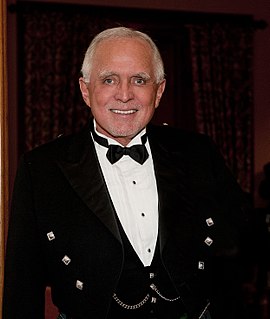A Quote by Eric Ries
This is one of the most important lessons of the scientific method: if you cannot fail, you cannot learn.
Related Quotes
It seems to me that there is a good deal of ballyhoo about scientific method. I venture to think that the people who talk most about it are the people who do least about it. Scientific method is what working scientists do, not what other people or even they themselves may say about it. No working scientist, when he plans an experiment in the laboratory, asks himself whether he is being properly scientific, nor is he interested in whatever method he may be using as method.
I conclude that, while it is true that science cannot decide questions of value, that is because they cannot be intellectually decided at all, and lie outside the realm of truth and falsehood. Whatever knowledge is attainable, must be attained by scientific methods; and what science cannot discover, mankind cannot know.
Indeed, the most important part of engineering work-and also of other scientific work-is the determination of the method of attacking the problem, whatever it may be, whether an experimental investigation, or a theoretical calculation. ... It is by the choice of a suitable method of attack, that intricate problems are reduced to simple phenomena, and then easily solved.
































